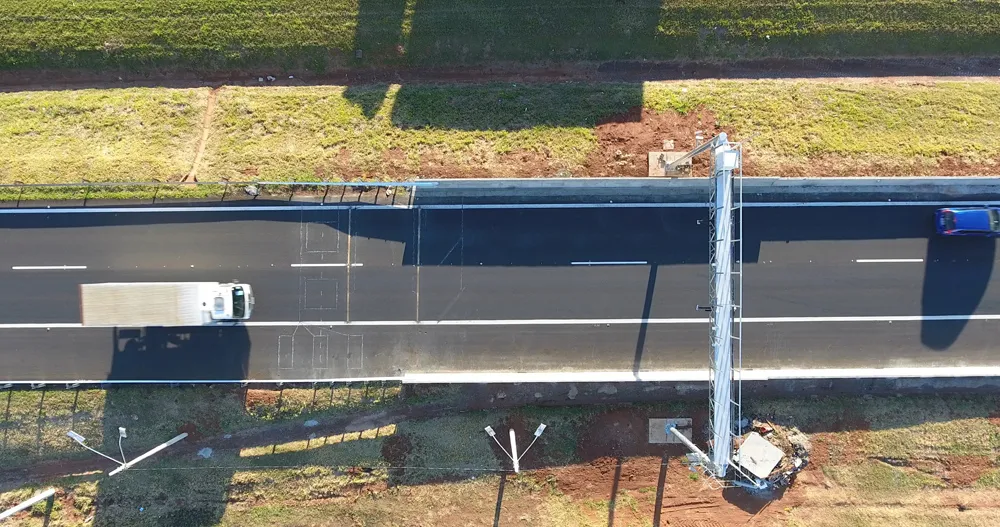Officially launched in February 2013, tenders for the high-speed rail link project between Kuala Lumpur and Singapore will be received towards the end of 2014, Mohd Nur Kamal, the CEO of Malaysia's Land Public Transport Commission (SPAD) has announced. Although the two governments continue to work on technical details and feasibility studies, various parties have already voiced an interest. The railway, which will connect the two countries at speeds exceeding 300 km/h, will reduce the journey time between t
July 29, 2013
Read time: 2 mins
Officially launched in February 2013, tenders for the high-speed rail link project between Kuala Lumpur and Singapore will be received towards the end of 2014, Mohd Nur Kamal, the CEO of Malaysia's 7432 Land Public Transport Commission (SPAD) has announced. Although the two governments continue to work on technical details and feasibility studies, various parties have already voiced an interest.
The railway, which will connect the two countries at speeds exceeding 300 km/h, will reduce the journey time between the capitals from six hours to a mere ninety minutes.
The entire 330 km project is set to be completed by 2020 at a cost in the region of US$12.5 billion.
The proposal should not be seen as a project benefiting only the present generation but many generations to come, says rail infrastructure expert Colin Stewart of international engineering consultancy Arup. He said: "You are building something that is a legacy for the future. It would be here for at least 100 years.
"We tend to think in terms of very short payback periods. There are many other things we do as countries and cities that are not so easily quantifiable in terms of payback. For instance, we build roads, even to remote parts, without thinking much about payback."
Three firms have shown interest in the project: UEM, sponsored by government investment arm Khazanah Nasional; the Malaysian tycoon Syed Moktar Al-Bukhary backed MMC Gamuda; and YTL Corp which had previously constructed the express rail link to the Kuala Lumpur international airport.
The Singaporean and Malaysian governments hope that the new rail link will ease offer passengers much-needed modernisation, turn local airports into vital transport hubs, invigorate manufacturing and boost tourism and house prices.
The railway, which will connect the two countries at speeds exceeding 300 km/h, will reduce the journey time between the capitals from six hours to a mere ninety minutes.
The entire 330 km project is set to be completed by 2020 at a cost in the region of US$12.5 billion.
The proposal should not be seen as a project benefiting only the present generation but many generations to come, says rail infrastructure expert Colin Stewart of international engineering consultancy Arup. He said: "You are building something that is a legacy for the future. It would be here for at least 100 years.
"We tend to think in terms of very short payback periods. There are many other things we do as countries and cities that are not so easily quantifiable in terms of payback. For instance, we build roads, even to remote parts, without thinking much about payback."
Three firms have shown interest in the project: UEM, sponsored by government investment arm Khazanah Nasional; the Malaysian tycoon Syed Moktar Al-Bukhary backed MMC Gamuda; and YTL Corp which had previously constructed the express rail link to the Kuala Lumpur international airport.
The Singaporean and Malaysian governments hope that the new rail link will ease offer passengers much-needed modernisation, turn local airports into vital transport hubs, invigorate manufacturing and boost tourism and house prices.








